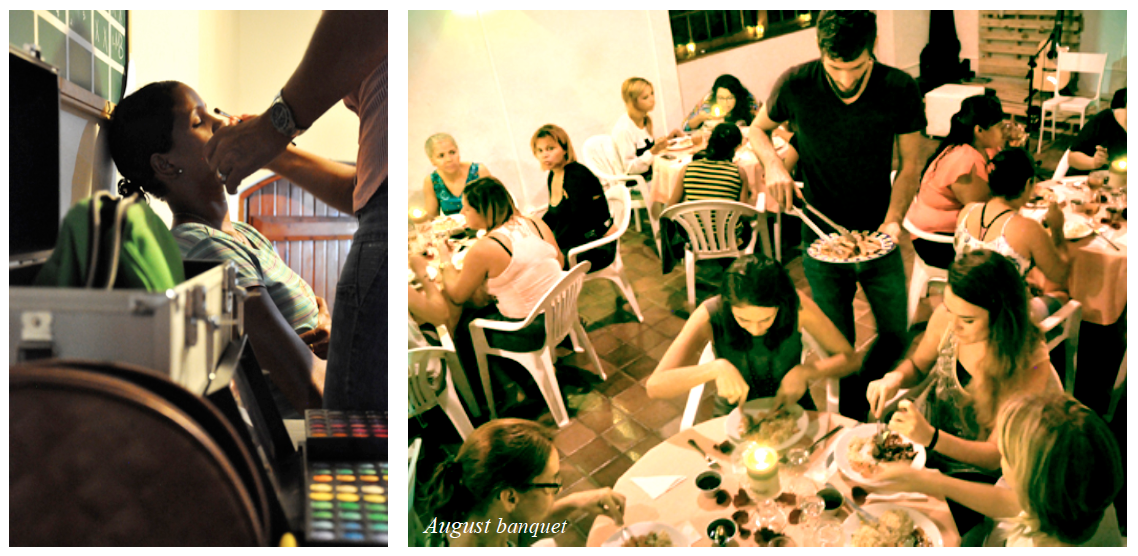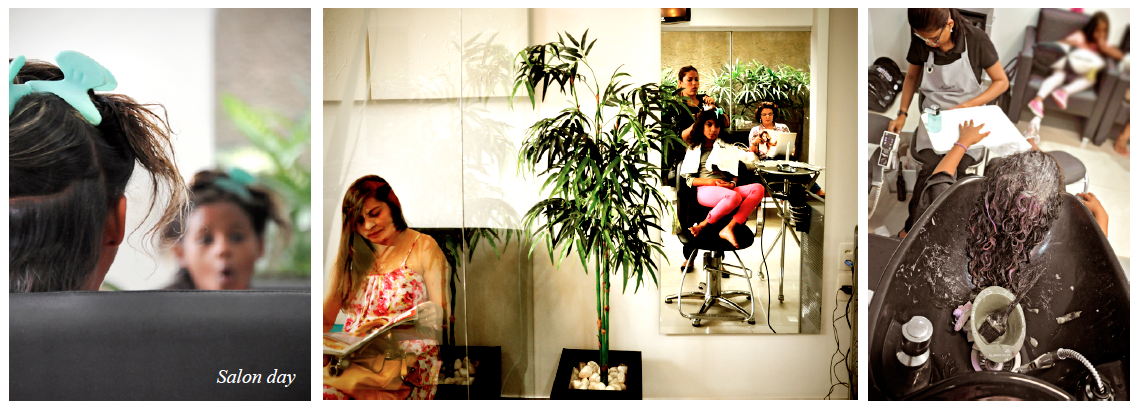
This time of year, I find myself reminiscing about the importance of family, being faithful with little, planting and tending diligently when there is nothing but potential. I wanted to just say thank you to each of you for all the seeds you have sewn into Brasil and into my life over the years. There are no words to express how overwhelmed I have been and continue to be by your kindness and partnership.
Last year I was introduced to a type of social research called Photo Voice. This discipline is often referred to as visual anthropology, but also includes a therapeutic component of art making. I was captivated by the history and application of this technique. It seemed like I had stumbled across a vehicle for the work I had been doing for years. Long story short, I was granted a scholarship by Photo Voice International (one of the few organizations who trains on the methodology). Upon completing their intensive school, I began to incorporate what I had learned into the art classes and mentorship that I have been doing at the safe house for years.
We were in a very difficult moment at Project Bethany. Multiple suicide attempts leading into that week put 3 girls into the hospital during a statewide virus epidemic that left single beds being shared between multiple patients and staff sleeping on plastic chairs (read on).

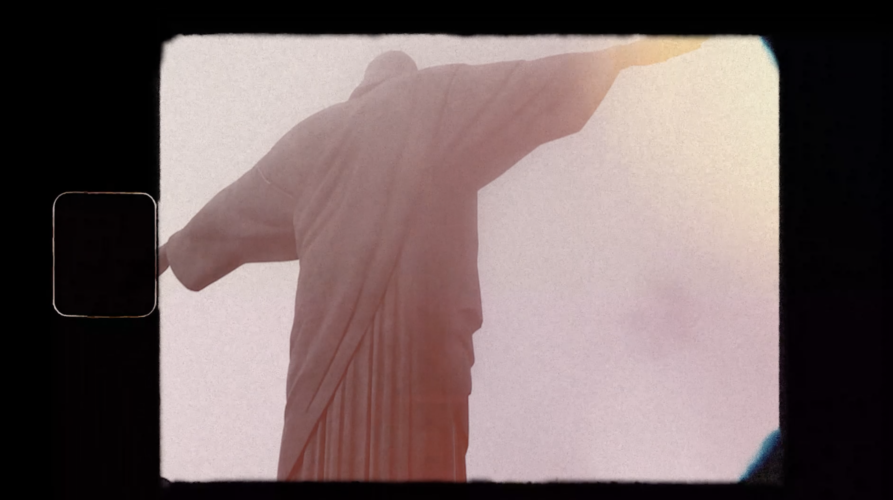
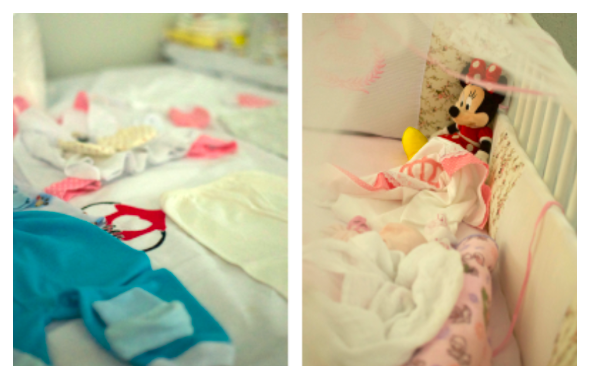
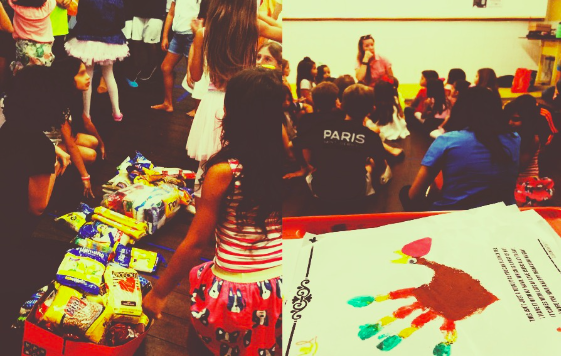
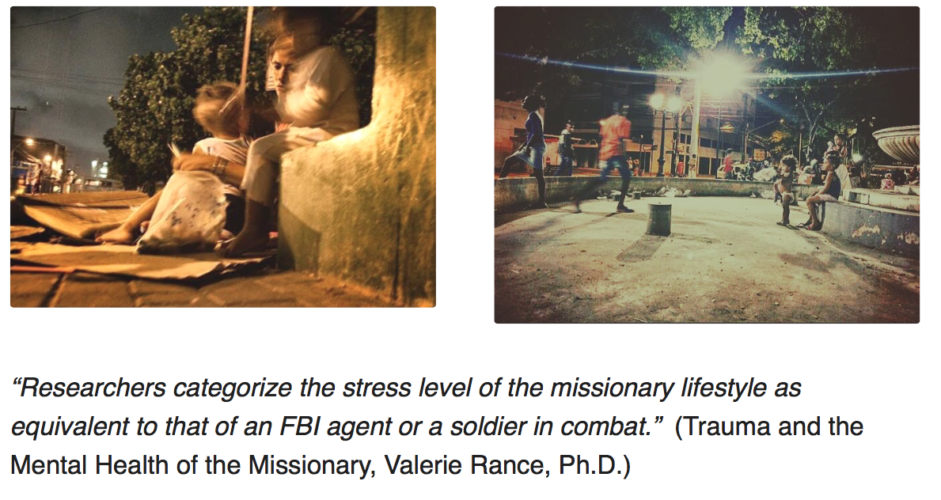
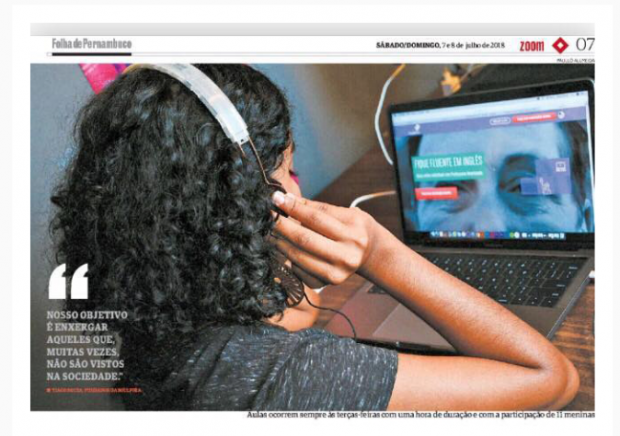
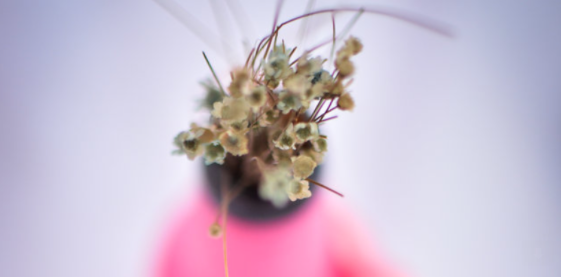 By contrast I also sit with the teens in our rescue house, overcoming abuse and learning daily how to trust again. We’re all on a similar journey; all part of this huge dysfunctional family. We all deal with the destruction that comes from broken relationship and the restoration that comes through right relationship. Two of my dear friends got married this month. They are both on staff at Shores of Grace and their wedding was the culmination of several years together.
By contrast I also sit with the teens in our rescue house, overcoming abuse and learning daily how to trust again. We’re all on a similar journey; all part of this huge dysfunctional family. We all deal with the destruction that comes from broken relationship and the restoration that comes through right relationship. Two of my dear friends got married this month. They are both on staff at Shores of Grace and their wedding was the culmination of several years together. We have decided with the close of our first year, to call the apartment, Casa Hadassa. In the Biblical account of Esther, Queen Esther holds the birth name Hadassa. Hadassa was born to a Hebrew family and orphaned as a child. Through a long complicated string of events she was eventually chosen by the King to replace his former Queen. However, because of ethnic tension, Hadassa was forced to conceal her identity. When the time comes for Queen Esther to reveal who she is, it is the truth of her lineage that saves the entire Jewish nation from genocide. We are choosing to align with the courage and boldness of Hadassa, who did not run from her past, but through embracing her identity, forever changes the destiny of Israel. Our girls have come through so much disappointment and trauma. Some days it feels unbearable, even for me, to know what they have suffered and what they are feeling. But we believe in who they are and the purpose over each of their lives. They are fearless, they are fighters, and I do not have words to express what a privilege it is to walk with them daily. They have already changed my life and I cannot wait to see what the future holds for them.
We have decided with the close of our first year, to call the apartment, Casa Hadassa. In the Biblical account of Esther, Queen Esther holds the birth name Hadassa. Hadassa was born to a Hebrew family and orphaned as a child. Through a long complicated string of events she was eventually chosen by the King to replace his former Queen. However, because of ethnic tension, Hadassa was forced to conceal her identity. When the time comes for Queen Esther to reveal who she is, it is the truth of her lineage that saves the entire Jewish nation from genocide. We are choosing to align with the courage and boldness of Hadassa, who did not run from her past, but through embracing her identity, forever changes the destiny of Israel. Our girls have come through so much disappointment and trauma. Some days it feels unbearable, even for me, to know what they have suffered and what they are feeling. But we believe in who they are and the purpose over each of their lives. They are fearless, they are fighters, and I do not have words to express what a privilege it is to walk with them daily. They have already changed my life and I cannot wait to see what the future holds for them.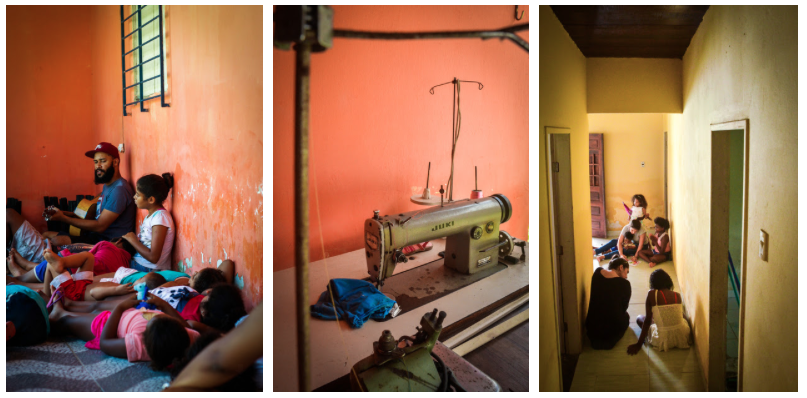
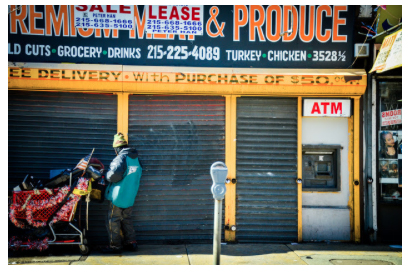
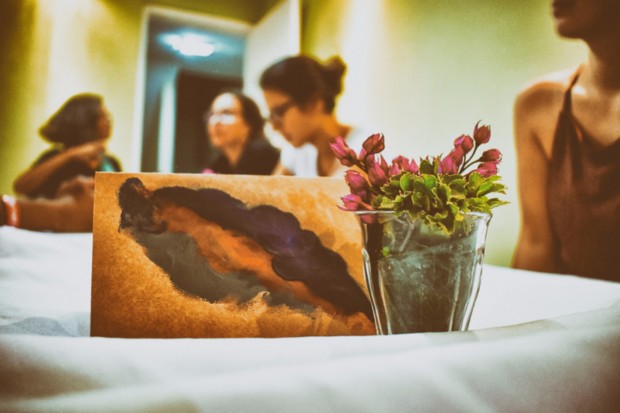 Eighteen is the magic number we have somehow managed to assign to adulthood. It is a number which seems to be international, and yet no indication of maturity. Even in differing cultures with differing family structures, child services has decided that when the biological clock hits one – eight, a teen is no longer their responsibility. In America at 18 it is normal for kids to move out, either to college or into the work force where they pay to support themselves and peruse their dreams. Westerners value goal orientation and self-sufficiency, cultivating independence from a young age. It is the framework of many European societies. Here in Brazil, young adults most often live with their families until marriage. When you turn 18, even if you enter the work force (and jobs are difficult to come by), you stay with your family and use the finances earned to contribute to the household. This household will often consist of a single mother, grandparents, aunts, uncles, and several siblings, with their children. In a warm climate culture, community and family is the nucleus of life. You transition only with marriage when a new nucleus is formed. Relationships are both the goal and vehicle of all movement here. This is a huge issue for children who are aging out of orphanages and rescue homes at age 18, with no where to go but back to the streets.
Eighteen is the magic number we have somehow managed to assign to adulthood. It is a number which seems to be international, and yet no indication of maturity. Even in differing cultures with differing family structures, child services has decided that when the biological clock hits one – eight, a teen is no longer their responsibility. In America at 18 it is normal for kids to move out, either to college or into the work force where they pay to support themselves and peruse their dreams. Westerners value goal orientation and self-sufficiency, cultivating independence from a young age. It is the framework of many European societies. Here in Brazil, young adults most often live with their families until marriage. When you turn 18, even if you enter the work force (and jobs are difficult to come by), you stay with your family and use the finances earned to contribute to the household. This household will often consist of a single mother, grandparents, aunts, uncles, and several siblings, with their children. In a warm climate culture, community and family is the nucleus of life. You transition only with marriage when a new nucleus is formed. Relationships are both the goal and vehicle of all movement here. This is a huge issue for children who are aging out of orphanages and rescue homes at age 18, with no where to go but back to the streets. everal years in the states I worked with teenagers navigating their way through and out of social services as they came into adulthood. I never imagined then dealing with the lack of care options in America, that I would soon be applying what I learned in another nation. Here in Brazil, there are no transition homes, or housing options offered to children without families when they turn 18. Our safe house (Project Bethany) has been open for almost 2 years now, and several of our girls are aging out the system. So with the start of 2018, we have a rented an apartment to house girls 18-22. Here they will live with a staff member to help them transition to independence over the next four years. We’ve wrapped this move with support including life skills, strength identification, and resume development. As you probably already know, children who have endured severe traumas, often have gaps in identity formation. Expecting them to live a “normal” life on their own at 18 when many of them are still years behind in high school from surviving the streets, is unrealistic. I feel very lucky to be so closely involved in this step of their journey. As one of the mentors at Project Bethany said as she blessed the girls on the night we opened their apartment, “I was there the day you moved into the safe house. I remember how scared you were and you all the struggles you passed; to look at you now, I am overwhelmed with how much you have overcome. I am so proud of you. If I was your mother, I would be so proud to call you my daughters.”
everal years in the states I worked with teenagers navigating their way through and out of social services as they came into adulthood. I never imagined then dealing with the lack of care options in America, that I would soon be applying what I learned in another nation. Here in Brazil, there are no transition homes, or housing options offered to children without families when they turn 18. Our safe house (Project Bethany) has been open for almost 2 years now, and several of our girls are aging out the system. So with the start of 2018, we have a rented an apartment to house girls 18-22. Here they will live with a staff member to help them transition to independence over the next four years. We’ve wrapped this move with support including life skills, strength identification, and resume development. As you probably already know, children who have endured severe traumas, often have gaps in identity formation. Expecting them to live a “normal” life on their own at 18 when many of them are still years behind in high school from surviving the streets, is unrealistic. I feel very lucky to be so closely involved in this step of their journey. As one of the mentors at Project Bethany said as she blessed the girls on the night we opened their apartment, “I was there the day you moved into the safe house. I remember how scared you were and you all the struggles you passed; to look at you now, I am overwhelmed with how much you have overcome. I am so proud of you. If I was your mother, I would be so proud to call you my daughters.”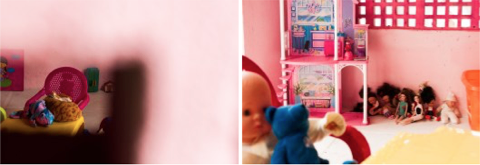 an argue with the fact that there are few tragedies as deep as being orphaned. Being unwanted scars the core of the human soul. I grew up in a home with both parents present, and can only image what it is like to search your whole life for someone who would truly knows you. Real care giving cannot be forced – it cannot be done without your whole heart. I watch our staff bring the babies placed in Bethany Home so close, that despite what they have lived through at such a young age, I know that they are cherished beyond human limitations. They have 5 “fathers”. They have 13 “mothers”; who laugh with them and cry with them, who take them to parties and the mall; who lovingly pick out their cloths and cut their hair, who feed them, who fight over spending time with them, who take them to the doctor in the middle of the night, who dance with them and teach them to sing; who pray over them every night as they sleep. Watching our staff cry from a combination of grief and joy as the children are adopted, I have no doubts they are some of the most loved children on earth. And that is how I remember each of them. The babies get a book when they leave – with pictures and letters from each of their 18 caregivers – so that 10 years from now, they will know what their infancy was like. Their first two years will not be empty time with questions and mysteries. It’s like a cast full of signatures so that you can never forget what you came through, or those who walked beside and wrapped around you. The spirit of adoption is not a soft ideal; it’s an unbreakable covenant, made from the inside out. Strong as bone. We are simply the lucky ones who secure it’s setting. It’s the same covenant Christ made with us, calling us his very own body.
an argue with the fact that there are few tragedies as deep as being orphaned. Being unwanted scars the core of the human soul. I grew up in a home with both parents present, and can only image what it is like to search your whole life for someone who would truly knows you. Real care giving cannot be forced – it cannot be done without your whole heart. I watch our staff bring the babies placed in Bethany Home so close, that despite what they have lived through at such a young age, I know that they are cherished beyond human limitations. They have 5 “fathers”. They have 13 “mothers”; who laugh with them and cry with them, who take them to parties and the mall; who lovingly pick out their cloths and cut their hair, who feed them, who fight over spending time with them, who take them to the doctor in the middle of the night, who dance with them and teach them to sing; who pray over them every night as they sleep. Watching our staff cry from a combination of grief and joy as the children are adopted, I have no doubts they are some of the most loved children on earth. And that is how I remember each of them. The babies get a book when they leave – with pictures and letters from each of their 18 caregivers – so that 10 years from now, they will know what their infancy was like. Their first two years will not be empty time with questions and mysteries. It’s like a cast full of signatures so that you can never forget what you came through, or those who walked beside and wrapped around you. The spirit of adoption is not a soft ideal; it’s an unbreakable covenant, made from the inside out. Strong as bone. We are simply the lucky ones who secure it’s setting. It’s the same covenant Christ made with us, calling us his very own body. I guess everything is held in the continuum between death and new life. Maybe it’s just coincidence that when a baby is born we note his arrival by the breaking of water. The Israelites passed through the Red Sea and the Jordan river on their way to the promise land. And Christians still mark their passing into a new kingdom through a ceremony of water. The earth is 80% water, though those depths are rarely explored, and I would argue that life is at least 80% spiritual. Baptism is the symbolic entrance into Christ’s burial and resurrection from the dead; to be born again; to come through the waters – just like a child leaving the womb. During pregnancy the body is changing and regenerating so quickly that it is medically one of the few times that healing of chronic illnesses in the body of the mother can readily take place. It’s a second chance for her. These were my meditations while taking maternity photos for Gabriela, 15 years old, pregnant with her first child in a rescue home. Separated from her natural family; cut away from all things familiar, yet receiving in that place of brokenness, a second chance for herself and a safe place to raise her son. Leaving slavery is as difficult for us today as it was for the Israelites hundreds of years ago. We pass through impossibility after impossibility, the terror and pain of labor, but weather our enemies are drown in the waters parted before us, or monuments of rock are left as a testimony for those to come, we emerge new. Like a new born baby. Welcome Ishmael 6.16.17. Your name means God hears.
I guess everything is held in the continuum between death and new life. Maybe it’s just coincidence that when a baby is born we note his arrival by the breaking of water. The Israelites passed through the Red Sea and the Jordan river on their way to the promise land. And Christians still mark their passing into a new kingdom through a ceremony of water. The earth is 80% water, though those depths are rarely explored, and I would argue that life is at least 80% spiritual. Baptism is the symbolic entrance into Christ’s burial and resurrection from the dead; to be born again; to come through the waters – just like a child leaving the womb. During pregnancy the body is changing and regenerating so quickly that it is medically one of the few times that healing of chronic illnesses in the body of the mother can readily take place. It’s a second chance for her. These were my meditations while taking maternity photos for Gabriela, 15 years old, pregnant with her first child in a rescue home. Separated from her natural family; cut away from all things familiar, yet receiving in that place of brokenness, a second chance for herself and a safe place to raise her son. Leaving slavery is as difficult for us today as it was for the Israelites hundreds of years ago. We pass through impossibility after impossibility, the terror and pain of labor, but weather our enemies are drown in the waters parted before us, or monuments of rock are left as a testimony for those to come, we emerge new. Like a new born baby. Welcome Ishmael 6.16.17. Your name means God hears.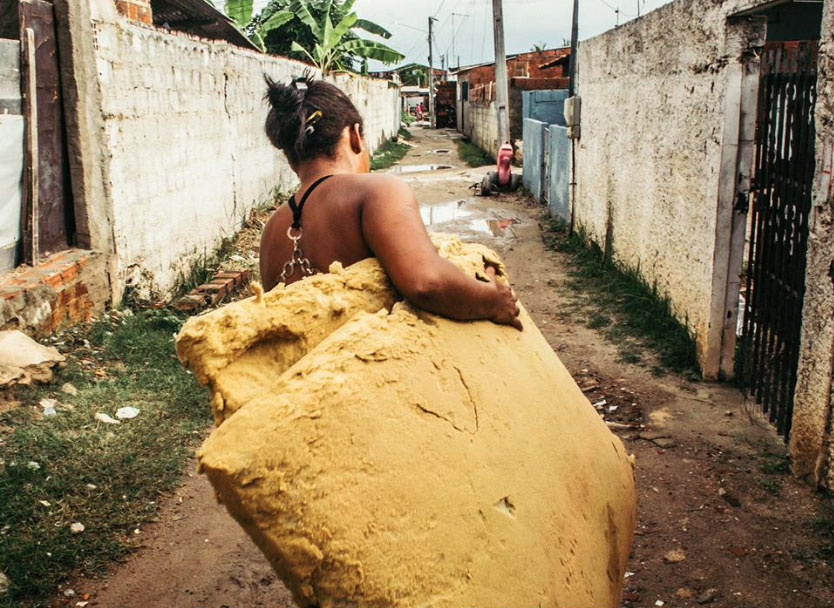
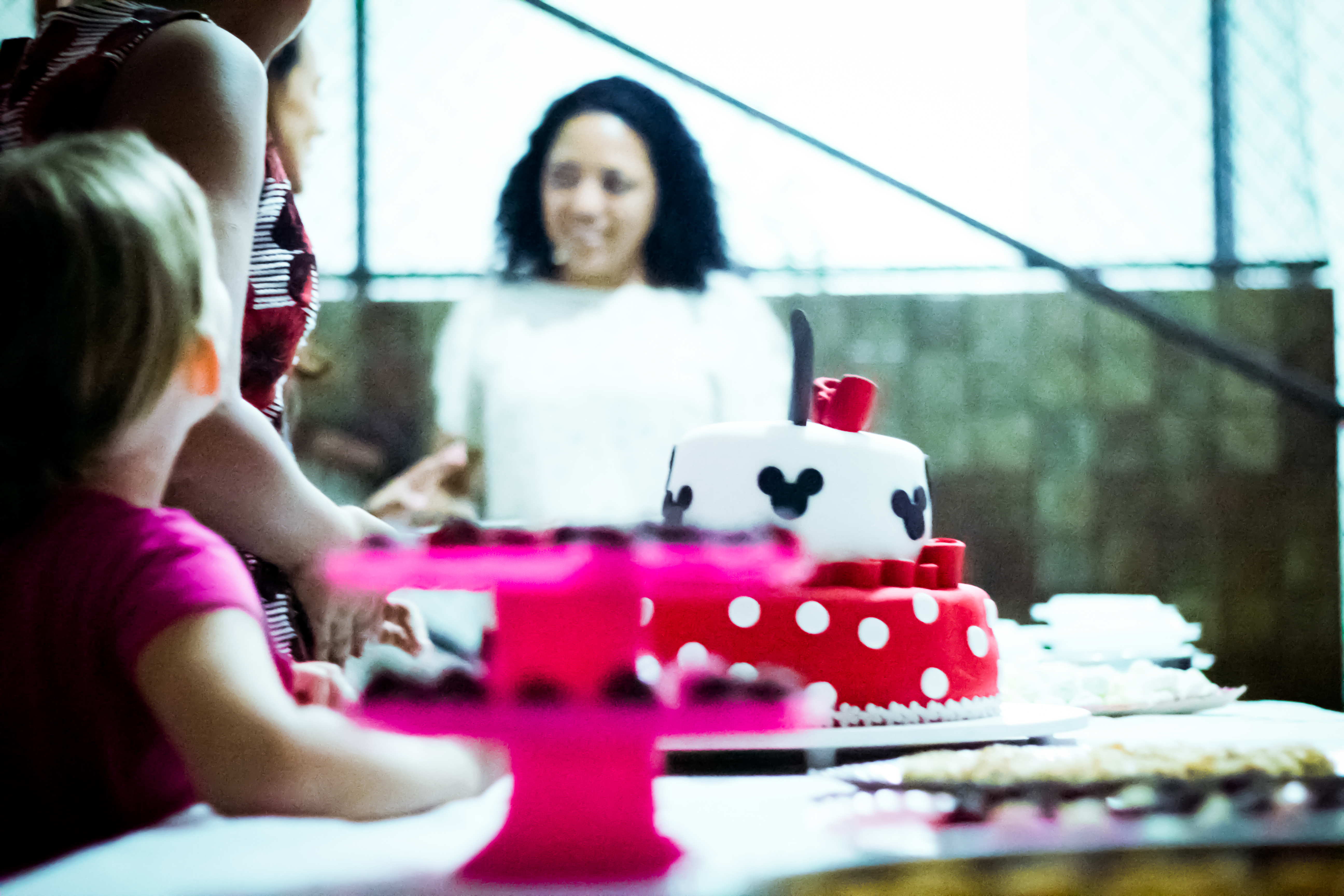 March is the one-year anniversary of the reopening of our safe house for children who have been rescued from trafficking and abuse. Bethany is currently home to 16 girls and 4 babies. This year we have had 7 of our children adopted into families – and not just the newborns, but teenagers as well. These numbers are overwhelmingly rare and a testimony to the tears sewn over our girls.
March is the one-year anniversary of the reopening of our safe house for children who have been rescued from trafficking and abuse. Bethany is currently home to 16 girls and 4 babies. This year we have had 7 of our children adopted into families – and not just the newborns, but teenagers as well. These numbers are overwhelmingly rare and a testimony to the tears sewn over our girls.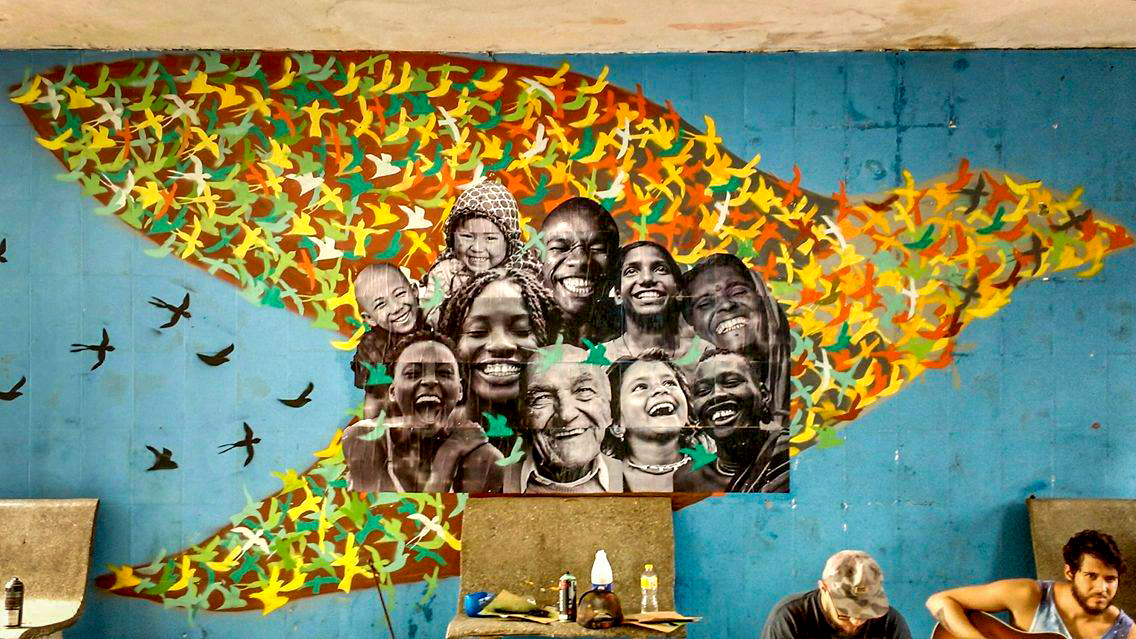
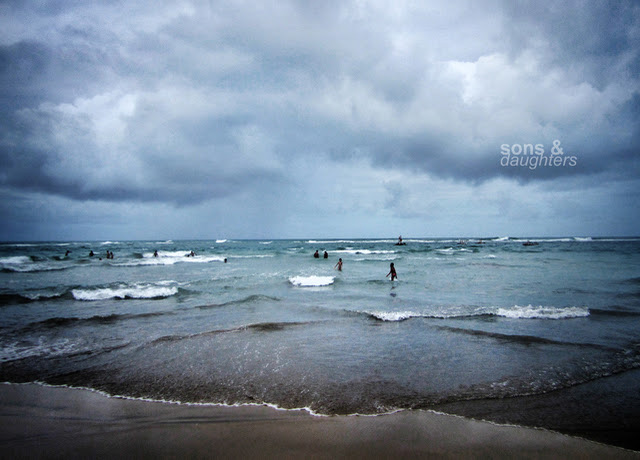 For most of my adult life I have served either as a photographer or social worker. As an artist I see beauty in the broken, estranged and transitional aspects of life. Art is found to be great partially due to how raw and honest it is. A photo conveys a story; and stories are marked by both trauma and hope. The tension that lies between the two is what holds the image together. It connects the beginning to the end, while maintaining a sense of mystery and grandeur in it’s unsettled state. Tragedy is what makes victory so sweet, and scars remind us to live in grace.
For most of my adult life I have served either as a photographer or social worker. As an artist I see beauty in the broken, estranged and transitional aspects of life. Art is found to be great partially due to how raw and honest it is. A photo conveys a story; and stories are marked by both trauma and hope. The tension that lies between the two is what holds the image together. It connects the beginning to the end, while maintaining a sense of mystery and grandeur in it’s unsettled state. Tragedy is what makes victory so sweet, and scars remind us to live in grace.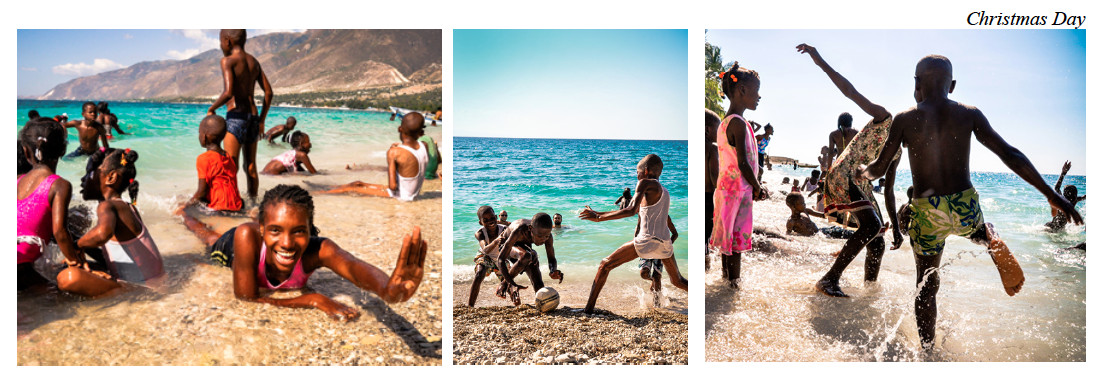
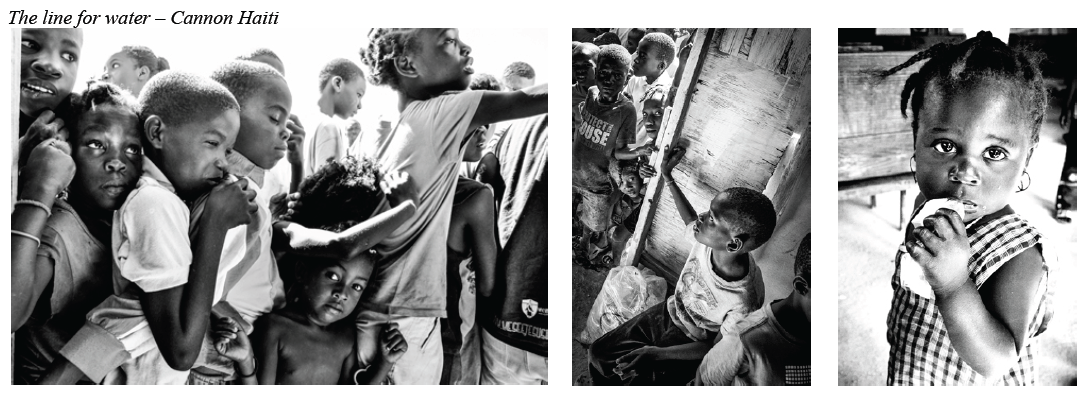

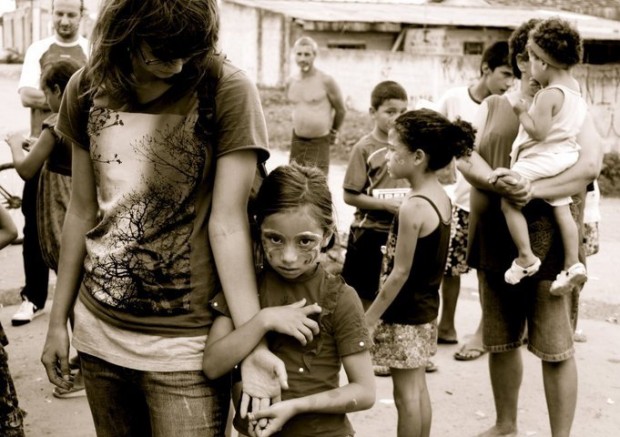 Knowing that my basic needs are being covered enables me to focus fully on the women and children I am in Brazil to serve. The peace of mind your support provides is the greatest gift to me. None of this would be possible without your giving, and I hope you know that you also then harvest with us in Recife. All donations are tax deductible through
Knowing that my basic needs are being covered enables me to focus fully on the women and children I am in Brazil to serve. The peace of mind your support provides is the greatest gift to me. None of this would be possible without your giving, and I hope you know that you also then harvest with us in Recife. All donations are tax deductible through 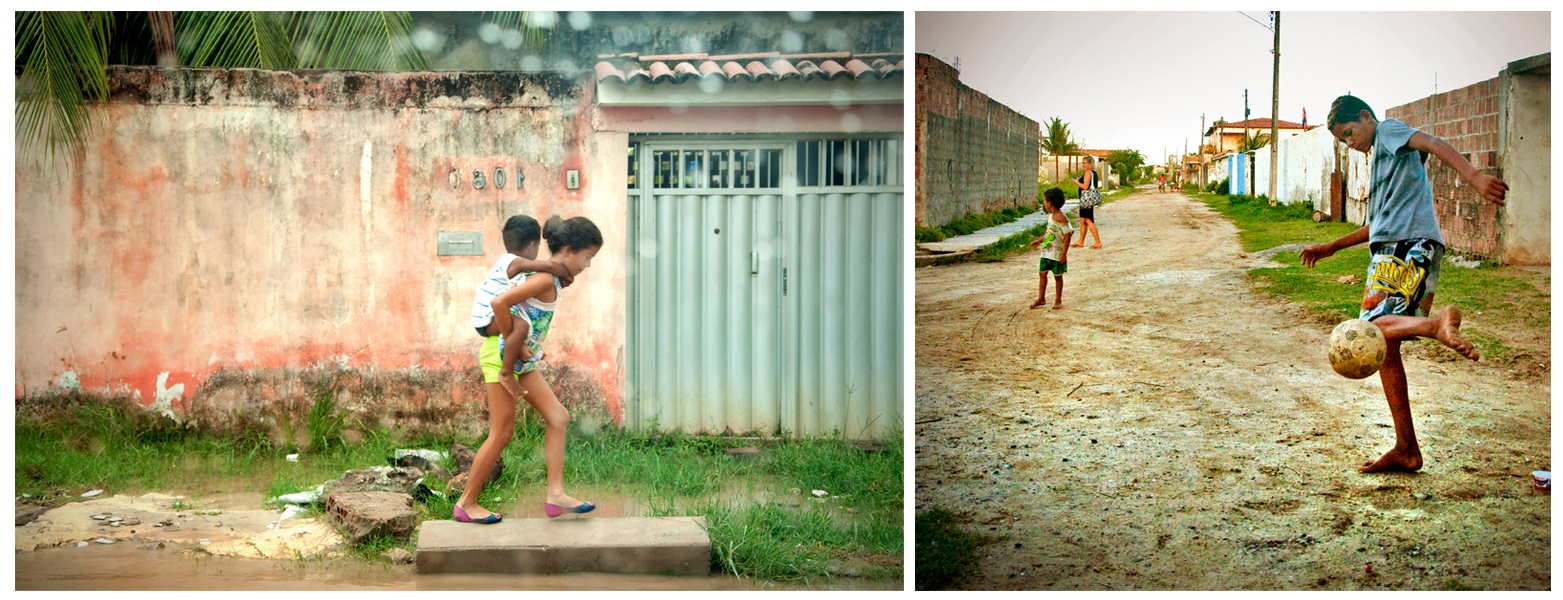
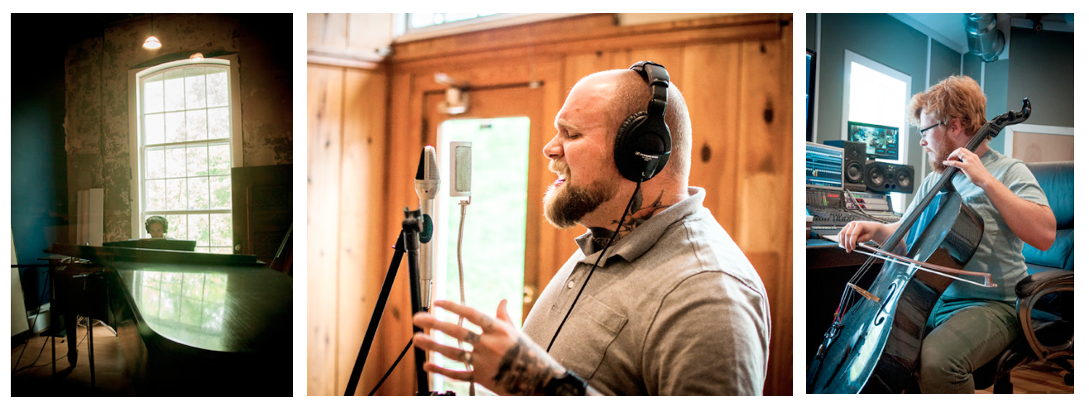
 See full update here.
See full update here.
 Kicking off 2016, we had around 25 students from all over Brazil come to participate in our yearly intensive “furnace” school this January. It was 21 days of non-stop teaching on worship, God’s love for the poor, and living in freedom. This is the first school I have helped with since we moved to Brazil in 2011. It was very special for me to invest in our students who came to partner with the vision of rescue and restoration. Here in Brazil, the churches are considered to be in revival. However, the streets (as I’ve shared before) are a whole different story. For this reason what we have to impart is unique from most other ministries in the country. As part of the school, the students came on outreaches with us, and assisted in hosting a 3 day conference at our base which was attended by many people from the local slums and neighborhoods. For whatever reason I was put in charge of social media for the duration of the Furnace. You may, or may not know that I hate social media and avoid it at all costs. So, yes, I am super proud of myself for defeating the internet this month. And now I obviously need to tell you in closing to follow Shores on instagam, twitter, vine, and so on, and on and on and on…
Kicking off 2016, we had around 25 students from all over Brazil come to participate in our yearly intensive “furnace” school this January. It was 21 days of non-stop teaching on worship, God’s love for the poor, and living in freedom. This is the first school I have helped with since we moved to Brazil in 2011. It was very special for me to invest in our students who came to partner with the vision of rescue and restoration. Here in Brazil, the churches are considered to be in revival. However, the streets (as I’ve shared before) are a whole different story. For this reason what we have to impart is unique from most other ministries in the country. As part of the school, the students came on outreaches with us, and assisted in hosting a 3 day conference at our base which was attended by many people from the local slums and neighborhoods. For whatever reason I was put in charge of social media for the duration of the Furnace. You may, or may not know that I hate social media and avoid it at all costs. So, yes, I am super proud of myself for defeating the internet this month. And now I obviously need to tell you in closing to follow Shores on instagam, twitter, vine, and so on, and on and on and on…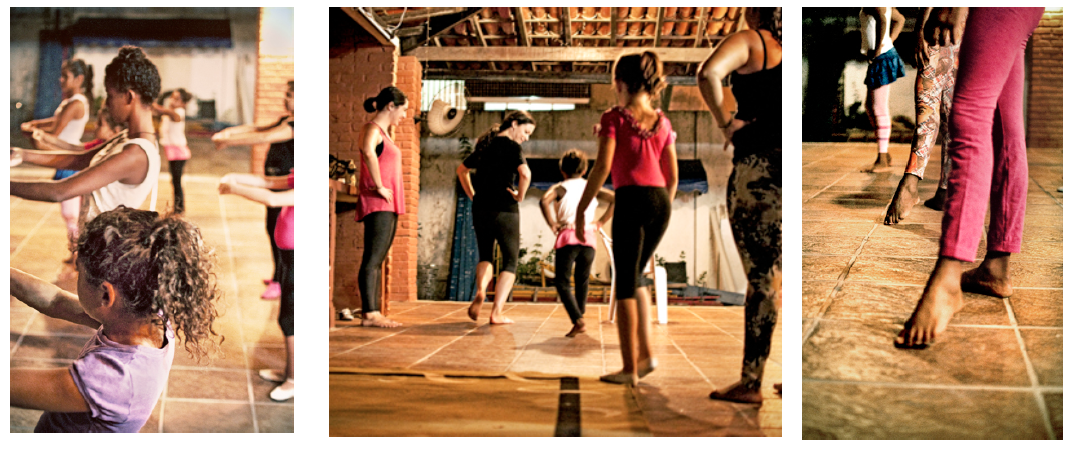
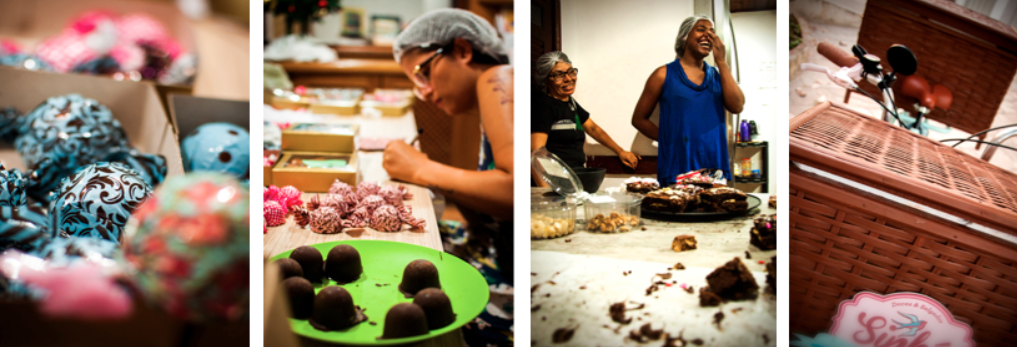
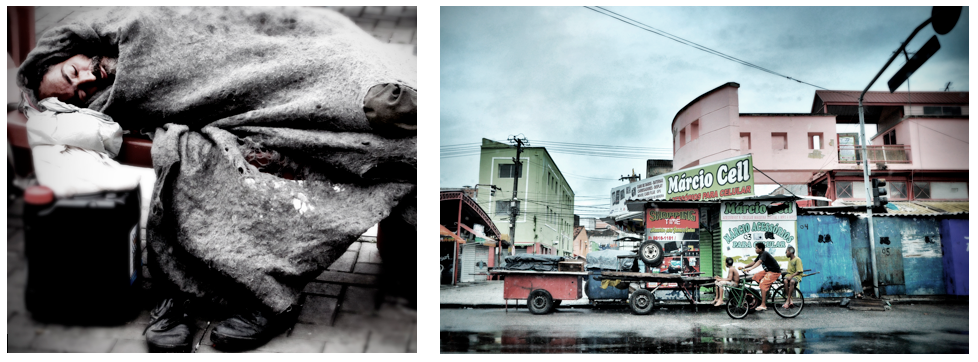
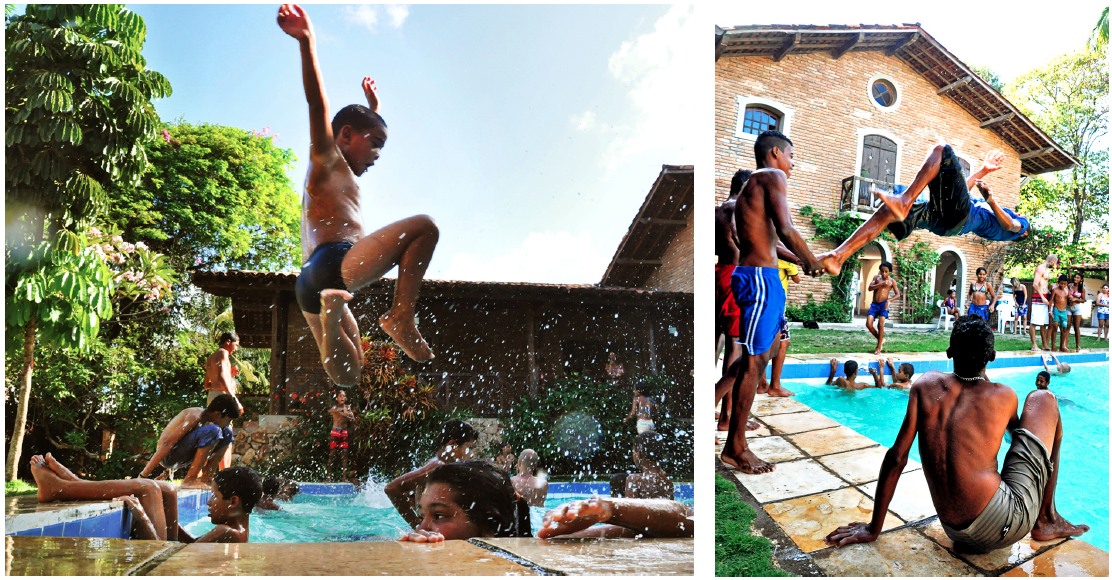
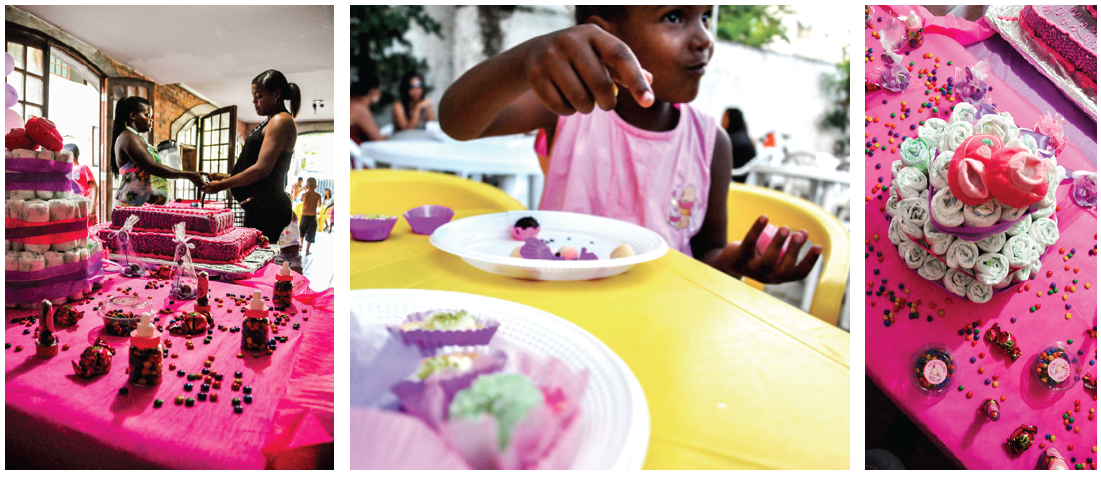
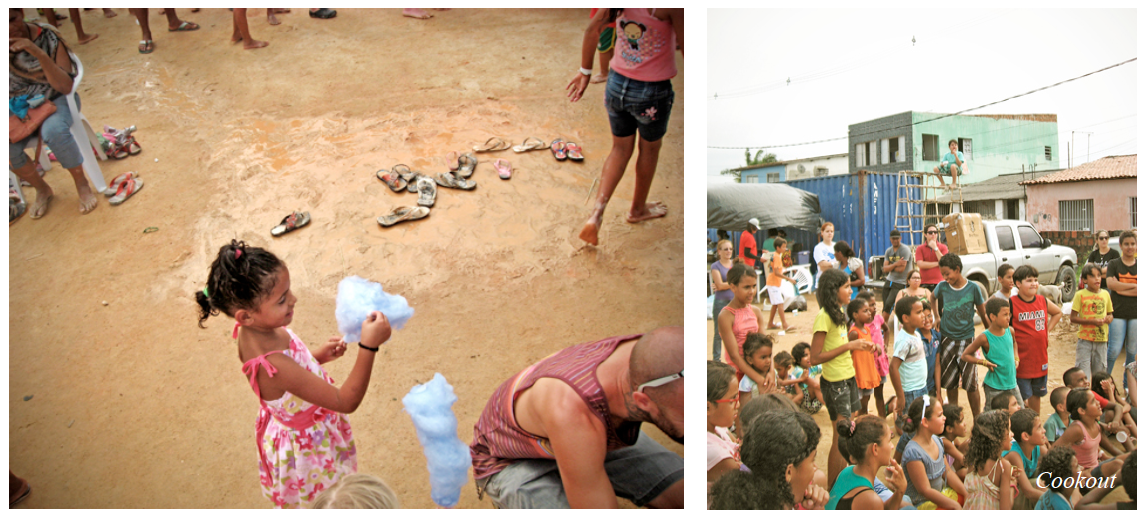 The past 6 weeks in Brazil have been entirely surreal. Just before I left I was in an accident and totaled my car. The pain was so bad the morning of my flight that I entertained thoughts of changing my ticket. I left with doctor’s orders to ice my neck every hour on the plane. They weren’t sure how long it would take the muscle damage to heal, or if it would get worse, and I had limited movement. However, by the time I landed in Recife 20hrs later, the intense pain had stopped, and by the end of the week i had most of my range of motion back.
The past 6 weeks in Brazil have been entirely surreal. Just before I left I was in an accident and totaled my car. The pain was so bad the morning of my flight that I entertained thoughts of changing my ticket. I left with doctor’s orders to ice my neck every hour on the plane. They weren’t sure how long it would take the muscle damage to heal, or if it would get worse, and I had limited movement. However, by the time I landed in Recife 20hrs later, the intense pain had stopped, and by the end of the week i had most of my range of motion back.